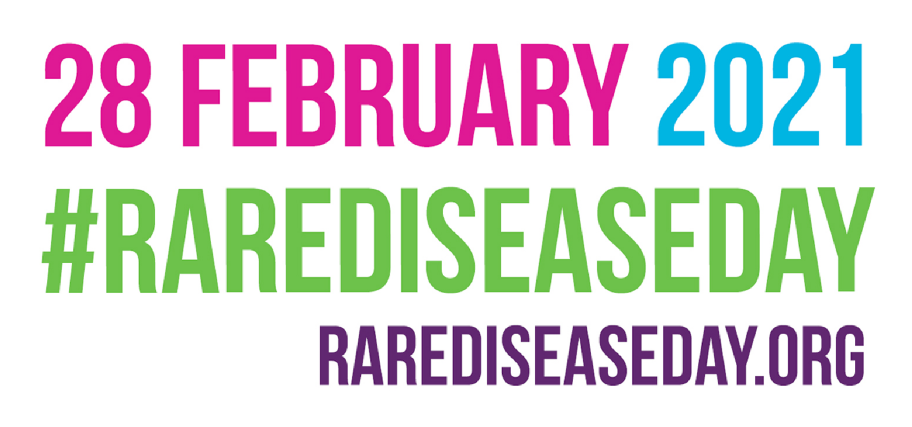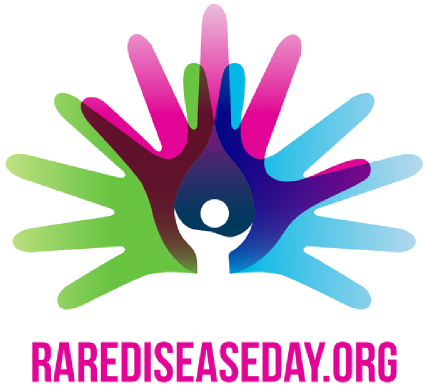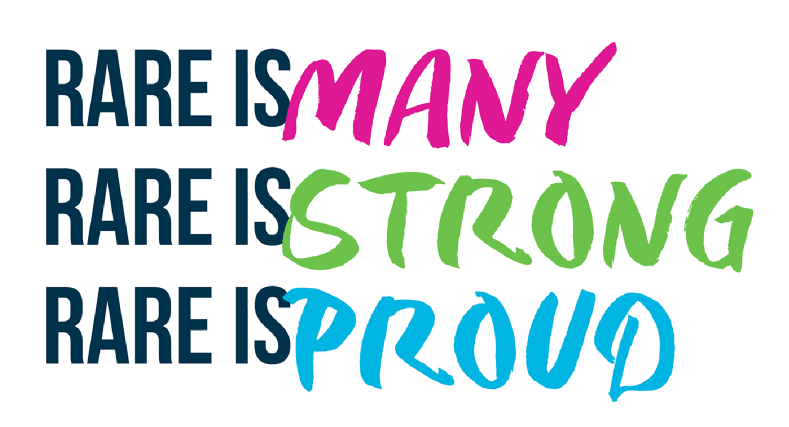DYNE-251 an investigational therapeutic for people living with Duchenne muscular dystrophy (DMD)
DYNE-251 is an investigational therapeutic being evaluated in the Phase 1/2 global DELIVER clinical trial for people living with DMD who are amenable to exon 51 skipping. DYNE-251 consists of a phosphorodiamidate morpholino oligomer (PMO) conjugated to a fragment antibody (Fab) that binds to the transferrin receptor 1 (TfR1) which is highly expressed on muscle. It is designed to enable targeted muscle tissue delivery and promote exon skipping in the nucleus, allowing muscle cells to create a truncated, functional dystrophin protein, with the goal of stopping or reversing disease progression. DYNE-251 has been granted fast track, orphan drug and rare pediatric disease designations for the treatment of DMD mutations amenable to exon 51 skipping by the US Food and Drug Administration.
In addition to DYNE-251, Dyne is building a global DMD franchise and has preclinical programs targeting other exons, including 53, 45 and 44.
About DMD
DMD is a rare genetic muscle disease. It occurs primarily in males, although females can be affected and they also pass the genetic mutation onto their children. DMD affects an estimated 12,000 to 15,000 people in the US and 25,000 in Europe.
Onset
DMD is the most common childhood-onset form of muscular dystrophy. Loss of strength and function typically first appear between 3 and 5 years of age.
Cause
DMD results from a genetic mutation in the DMD gene on the X chromosome. This gene regulates the production of dystrophin, a protein essential to healthy muscle development and function. In people with DMD, dystrophin levels are absent or nearly absent, which causes permanent damage to muscle cells.
Symptoms
People living with DMD experience a range of symptoms, which may include:
- Progressive muscle weakness that worsens over time, usually beginning in the upper arms, upper legs and pelvic area and progressing to affect the lower legs, forearms, neck and trunk
- Enlarged calf muscles
- Delays in developing motor skills such as sitting, standing or walking
- Toe walking or waddling gait
- Breathing problems
- Cardiomyopathy, or inflammation of the muscles in the heart
- Varying degrees of cognitive impairment affect approximately one third of patients
Treatment
There are no transformative therapies and no cure for DMD. Thus, there is a significant need for new treatment options for the disease.




